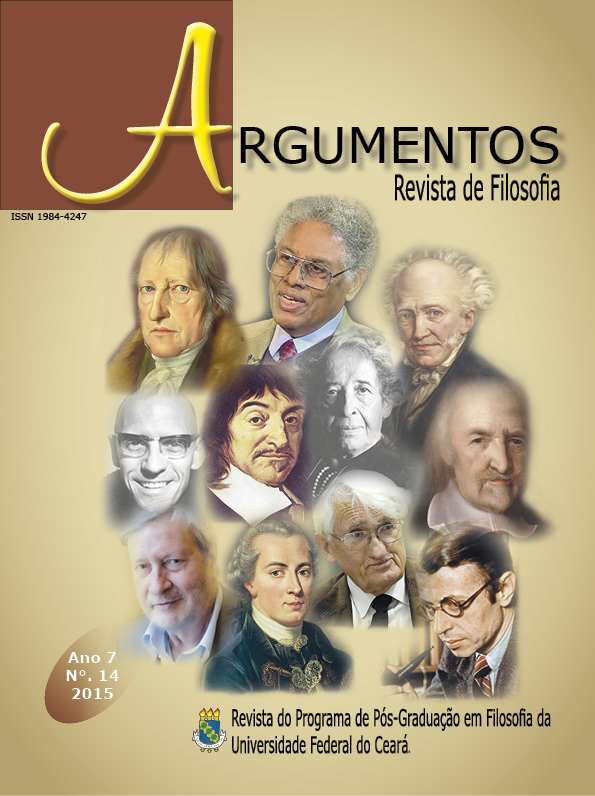Is social choice possible? a study on the Arrow paradox and the election of preferences in democratic regimes
Keywords:
Kenneth Arrow. Rational choice. Social Welfare.Abstract
The passage from individual to social choice is a complex topic that does not present a clear and peaceful solution. This article seeks to assess the possibility and the conditions for a social choice that is not only rooted in the individual criteria of economic rationality. Can we consider our representation systems based on polling and market rules, as genuine social choices? A social selection can be reduced to simple sum of individual choices that are at stake? To answer questions like these, we will begin from the work “Social choice and Individual Values”, by the economist Kenneth Arrow, in which the author starts from a formal explanation to get to his general theorem of possibility. It is intended to prove that the theorem, in fact, is a critique of economistic model (based on individual rationality) to predict social behavior, and, in addition, an exhibition of the inadequacy of a purely mathematical way of doing economics.Downloads
Published
Issue
Section
License
Argumentos magazine is licensed under an International Creative Commons Attribution License.
The Magazine uses CC BY inclusion
1) The authors retain the copyright granted to the magazine or the right to initial publication, with the work regularly licensed under the Creative Commons Attribution, which allows the sharing of the work with acknowledgment of authorship and initial publication in this magazine.
2) The authors are authorized to contract additional applicable contracts, for non-exclusive distribution of the version of the work published in this journal (for example, publication in the institutional repository or as a chapter of the book), recognition of authorship and initial publication in this journal.
3) Authors are authorized and encourage to publish and distribute their work online (for example, in institutional repositories or on their personal pages) at any time before or during the editorial process, as they can generate productive changes, as well as increase the impact and reference of published work.




.jpg)










._._3.png)
1.jpg)
._._._.png)
